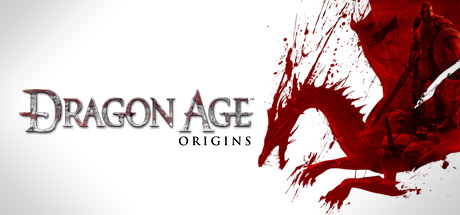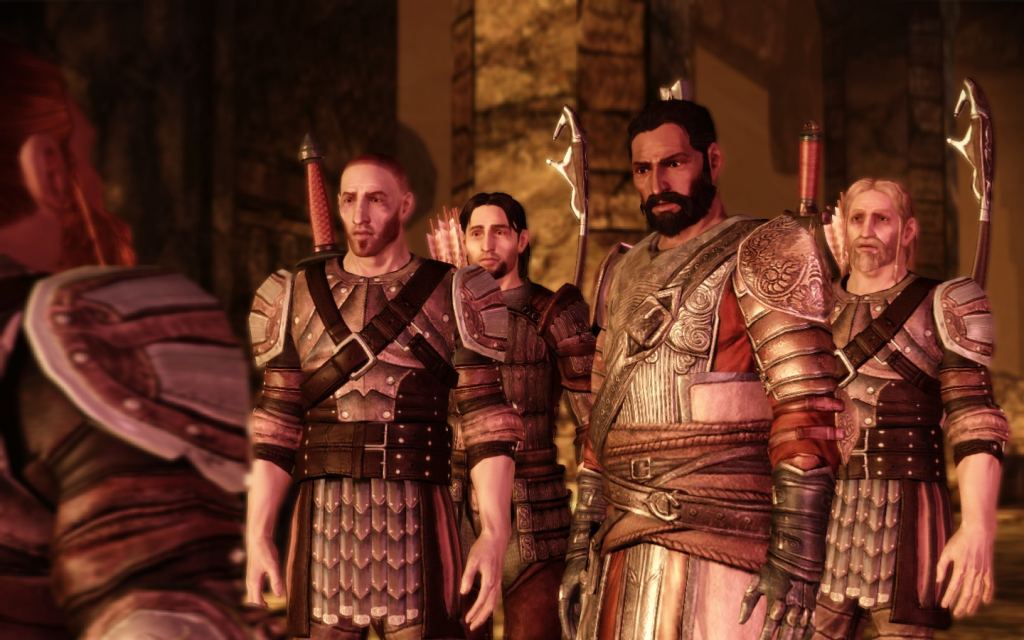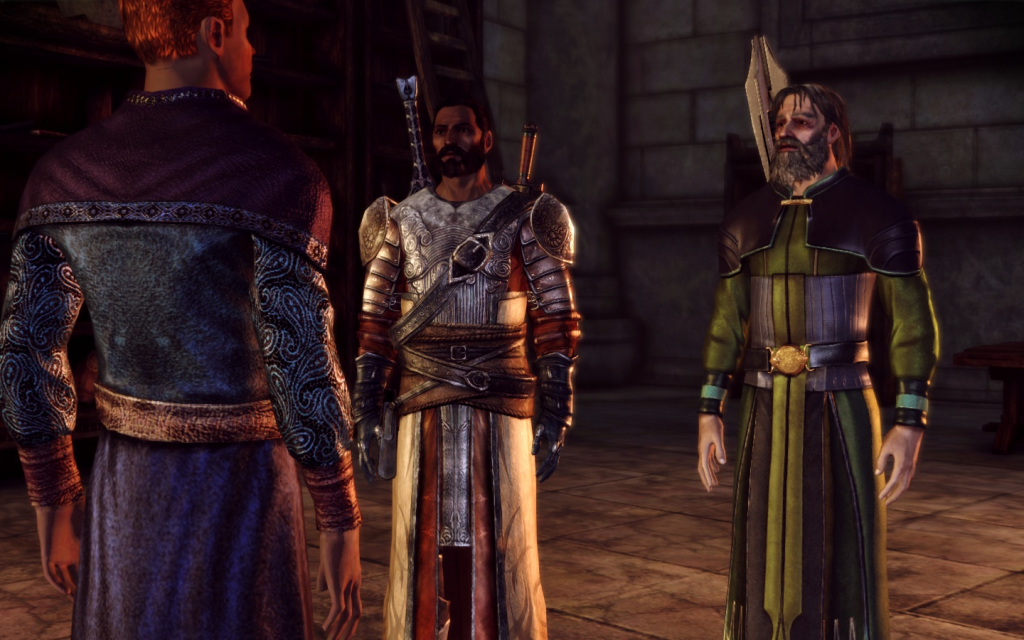SPOILER ALERT: This post includes spoilers for Dragon Age Origins. If you haven’t played through it, you should probably stop reading here.
With that out of the way…
As mentioned previously (and on the podcast), I’ve been playing through Dragon Age: Origins in preparation for Dragon Age: Inquisition next month. As you should know by now, the end goal of the entire game is to defeat the Archdemon and thus all of the Darkspawn that make up the Blight. Regardless of the decisions made throughout the game, you will begin the game by going through some sort of tragedy, get inducted into the grey wardens, recruit an army with variable makeup, defeat the Archdemon, and end the Blight. Laid out like that, it all seems rather simple and straightforward.
Breakpoints
My “recruit an army with variable makeup” point should be expanded on further, because it’s really somewhere between 50-60% of the entire game. As soon as you leave Lothering, there are 4 plot-important locations you can go to in order to gather support, as well as the capital city of Denerim (which there isn’t a lot of cause to visit at the outset). Each of these four locations contains a main story quest that will generally take several hours to complete, and involves some choices that affect the overall plot and who ends up joining you in the army you end up building. You’ll end up with either the mages or the templars, either the elves or the werewolves, the dwarves (sometimes accompanied by golems, sometimes not), and the human militia.
One of the best things about the game to me is how player decisions affect this process, even though making some of these decisions makes you a terrible person, and some of your party members will call you out on being a terrible person (and attack you in some specific cases). Even then, it’s not unanimous. Sten supports killing off the mages as part of the Mage’s Tower questline (Broken Circle). Wynne objects, and will leave your party and attack you if you start to hint at doing this. At the end of the game there’s an epilogue that describes the long-term effect of decisions like that. I suspect this will have some bearing on Inquisition, but I’m told it has only a minor effect on DA2 in most cases.
If at first you don’t succeed…
Even the 100% required plot events can play out in more than one way. A critical event near the end of the game is the Landsmeet, where Arl Eamon and the player character attempt to get the nobles to reject Loghain’s rule. If you don’t do enough sidequests to get support, you’ll fail and start a massive fight in the chamber. Likewise, this can happen if your choices in the dialogue are poor or if you don’t have the persuasion stats to back them up. I’ve played the game before, but I forgot about all of the elements that went into it; I had to do this 4 times to get the result I wanted in my most recent playthrough.
In Order:
- Forgot to turn in a number of sidequests at the bar in Denerim, failing to gain support of two noble families, enough to swing the vote against me. Oops.
- Turned in those quests, and then navigated through the speech incorrectly, resulting in the crowd supporting Loghain instead of me.
- Successfully navigated the talking portion, and then had Allister duel Loghain. Alistair kills Loghain in the cutscene if he wins, preventing any possibility of marriage to Anora, who will not marry her father’s killer.
- Did the speech, killed Loghain myself, Alistair & Anora arranged to get married, everything worked as planned.
For those of you that haven’t explored everything the game has to offer, I won’t talk about much more, but many of the other events in the game can also unfold multiple ways, even if it ultimately leads to the same outcome. Bioware’s other major recent game series (Mass Effect) is not quite as good at showing the consequences of your actions during the game, and it’s really the best thing about Dragon Age Origins. Here’s hoping Inquisition measures up.



